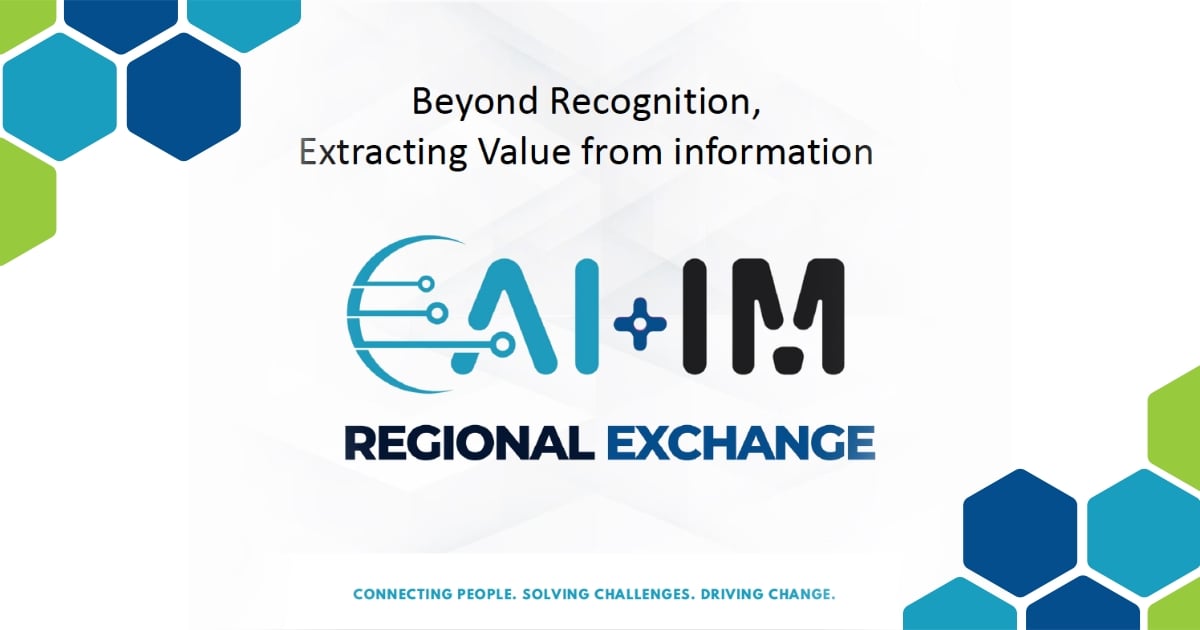Safeguarding your business and strengthening customer trust
Know Your Customer (KYC) protocols are essential processes that businesses implement to verify the identity of their clients, assess potential risks, and ensure compliance with regulatory requirements. These protocols are crucial in combating financial crimes such as money laundering, terrorist financing, and fraud.
A brief overview of record storage and management
Records storage and management involves the practical steps of organising, storing, and retrieving both physical and digital documents. This hands-on process is crucial for businesses to keep their records accurate, protect their data, and allow quick access to information when needed.
The importance of records storage and management in KYC
1. Ensuring the accuracy and completeness of customer data
Accurate and complete customer data is the foundation of successful KYC protocols. Effective records storage and management ensures that all relevant customer information is properly documented, organised, and easily accessible for verification purposes.
2. Facilitating efficient and secure access to customer information
Secure and efficient access to customer information is vital for businesses to conduct thorough due diligence and risk assessments. Well-organised record storage and management systems enable employees to quickly retrieve and analyse customer data, streamlining the KYC process.
3. Supporting compliance with regulatory requirements
Regulatory bodies require businesses to maintain comprehensive records of customer data for a specified period. Effective records storage and management ensures that businesses can readily produce these records during audits or inspections, demonstrating compliance with KYC regulations.
4. Enhancing the customer experience and trust
By maintaining accurate and secure customer records, businesses can build trust with their clients and provide a seamless customer experience. Effective records management also helps to reduce errors and delays in the KYC process, further improving customer satisfaction.
Best practises for record storage and management in KYC
- Implementing a centralised system for customer data storage
A centralised system for customer data storage ensures that all relevant information is consolidated in one location, making it easier for employees to access and manage customer records. - Establishing clear policies and procedures for data management and access
Clear policies and procedures for data management and access help to maintain data integrity, security, and compliance with regulatory requirements. These guidelines should cover data collection, storage, retrieval, and disposal processes. - Ensuring proper training and communication for employees involved in KYC
Employees responsible for KYC processes should receive regular training and updates on record storage and management best practises, as well as any changes to relevant regulations. - Regularly reviewing and updating data to ensure accuracy and completeness
Businesses should conduct periodic reviews of customer records to identify and correct any inaccuracies or gaps in the data. This ensures that the KYC process is based on the most up-to-date information.
In conclusion, efficient records storage and management plays a significant role in the successful implementation of KYC protocols across all industries. By focusing on the accuracy and completeness of customer data, ensuring secure and quick access to information, adhering to regulatory requirements, and fostering customer trust, businesses can greatly enhance their KYC processes.





